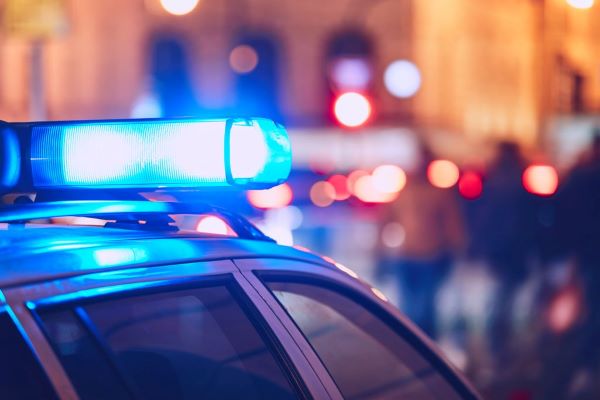Money laundering and public safety
Upholding public safety requires strategic, connected and measurable efforts to detect, prevent and prosecute money laundering activities.
Effective public safety efforts require:
- Strong regulatory oversight
- Transparent and ongoing collaboration among law enforcement agencies, and
- Anti-money laundering laws and regulations
Learn more about the Province of B.C.'s public safety efforts that focus on anti-money laundering to help create safer communities and protect people from the harm associated with financial crime and illicit activities.
Actions the Province of B.C. has taken

Coordinating focus on anti-money laundering efforts
Information-sharing partnerships, especially around financial information, are recognized worldwide as effective tools in dealing with financial crimes.
Targeted sharing between agencies investigating money laundering or working on anti-money laundering initiatives is a key tool to address money laundering.
The Province, regulators and law enforcement bodies participate in several information-sharing initiatives related to money laundering. Some examples include the Counter-Illicit Finance Alliance of British Columbia and the Federal-Provincial-Territorial Working Group on Improving Beneficial Ownership Transparency.
The Counter Illicit Finance Alliance of British Columbia (CIFA-BC)
The Counter Illicit Finance Alliance of British Columbia (CIFA-BC) is an RCMP financial information-sharing partnership composed of multi-sectoral public and private organizations. Its mission is to lawfully exchange information to protect the economic integrity of B.C. through the prevention, detection and disruption of illicit financial activity.
The Federal-Provincial-Territorial Working Group on Improving Beneficial Ownership Transparency
The Federal-Provincial-Territorial Working Group on Improving Beneficial Ownership Transparency meets regularly to discuss the development of a national platform for beneficial ownership data. Led by the federal government, the group aims to design a platform that will enable people to search all of Canada’s beneficial ownership registries (including those maintained by provinces) simultaneously.
Collaborative investigative and intelligence activities
The Province, regulators and law enforcement bodies participate in collaborative investigative and intelligence collection initiatives related to money laundering. An example of this is through the Joint Illegal Gaming Investigation Team.
The Joint Illegal Gaming Investigation Team (JIGIT)
The Joint Illegal Gaming Investigation Team (JIGIT) is an integrated investigative body established within the Combined Forces Special Enforcement Unit of British Columbia. The team includes police officers from the RCMP, Municipal Police Agencies and the Organized Crime Agency of British Columbia, and investigators from the Gaming Policy and Enforcement Branch, Ministry of Public Safety and Solicitor General.
JIGIT investigates illegal gambling operations and criminal threats to the regulated gambling industry in B.C., including the use of B.C. casinos to launder proceeds of crime.
Building stronger relationships between law enforcement and the Law Society
The Law Society of British Columbia (LSBC) and law enforcement are working together to increase engagement between their respective areas of focus. The LSBC is an associate partner of CIFA-BC, and continues to actively participate in information sharing agreements with municipal police services across B.C.
The Ministry of Public Safety and Solicitor General has shared a letter with the BC Chiefs of Police to encourage police agencies to build relationships with the Law Society and to refer matters to law enforcement as appropriate.
Collection and monitoring police data – the creation of a Superintendence and Evaluation Unit
The Ministry of Public Safety and Solicitor General has developed a new Superintendence and Evaluation Unit, which is responsible for collecting and monitoring policing metrics. This Unit collects data on the number of investigations for laundering proceeds of crime and the status of those investigations.
